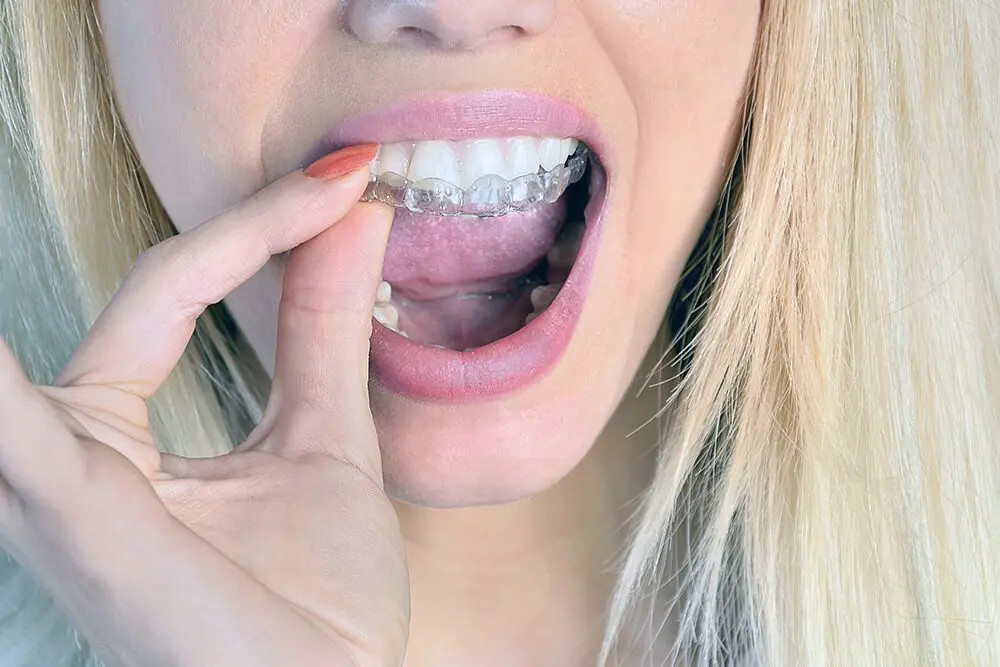
02 May Sleep Easy with a Night Guard
A good night’s sleep is vital to keep body, mind and spirit in good health, but many people find they wake up feeling exhausted after a spending restless tossing and turning due to a sore jaw, headache, or tooth pain.
If these symptoms sound familiar, you may be suffering from a condition called bruxism, but don’t worry help is at hand, and it may be as simple as using a night guard to stop bruxism.
Bruxism is the official term given to teeth grinding. This does not sound like a serious issue, but it can have serious implications for your dental health and, as we all know, lack of sleep can have detrimental effects on both your health and your state of mind. We all need a good night’s sleep to function well, and if bruxism effecting your sleep pattern, it may be time to take action and consult your family dentist.
Teeth grinding affects 30 to 40 million children and adults in the United States alone. There are many causes of bruxism including stress, medication, teeth that are out of alignment, and it can even be an indication of certain rare diseases that affect the nerves and muscles in the face.
For children, bruxism can have long lasting implications. Children who grind their teeth can suffer from damaged teeth, broken fillings and injured gums.
In addition to the dental problems associated with bruxism, a lack of sleep will soon take its toll on a child’s happiness and well-being.
Poor sleep habits in children affect their growth and their ability to learn in school. And since we know how a lack of sleep can make the most amicable person grumpy, bruxism can have a negative effect on a child’s ability to make friends and build relationships with friends,
This is why it is important that if your child is suffering from the symptoms of bruxism you should bring it to the attention of a dentist for children who can advise you on the best treatment.
Adults are more likely to associate poor sleep with stress or too much caffeine. In this case, the effects of bruxism can be easily and painlessly treated with the use of a night guard.
While many children outgrow bruxism with no permanent effects, others may need dental intervention.
Ways to Treat Bruxism
The first step is diagnosis. Your family dentist will look for the source of bruxism. A dental examination will determine whether bruxism is due to a dental issue. Your dentist will check your tooth alignment to make sure this is not the source of the problem. Braces, onlays or crowns may be needed to reshape the biting surfaces of your teeth. However, if the problem stems from a medical condition, stress, or medication, then a night guard is a simple and safe solution that will alleviate the painful conditions and long-term effects of grinding your teeth while you sleep.
A night guard forms a protective layer between your top and bottom teeth. This soft cushion protects your teeth from being damaged, and because it is custom made to suit your smile it offers full support for your jaw, allowing the muscles to rest in a position that is in alignment with your jaw.
If you suspect bruxism is keeping you or a family member up at night, make an appointment with a dental professional, it could be the first step to the best night’s sleep you’ve had in years.
Resources:
http://sagedentalcare.com/do-i-really-need-a-night-guard/]
[http://www.wcdental.ca/dentistry/night-guards.php]
Link 1: http://www.wcdental.ca/dentistry/night-guards.php
Link 2: http://truedental.ca/our-team/
Link 4: http://truedental.ca/contact/

